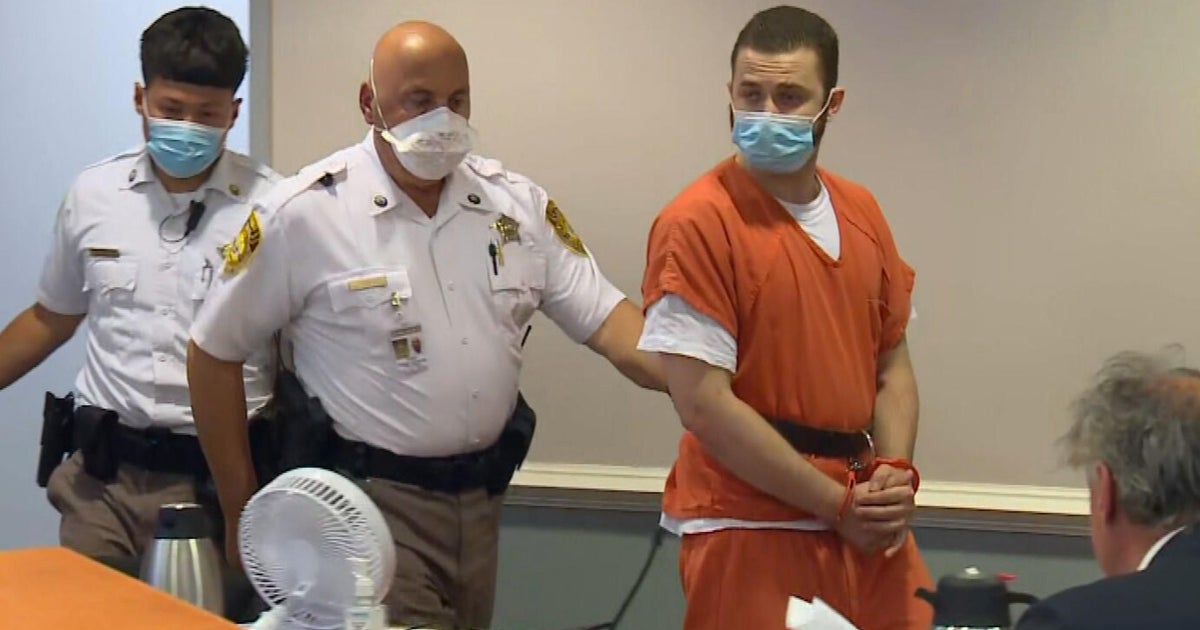
Guilty Plea From Mother Of Elijah Lewis, Victim Of Tragic Homicide: A Deeper Look
The recent guilty plea entered by the mother of Elijah Lewis, a victim of a tragic homicide, has sent shockwaves through the community. In this article, we will delve into the details of this heart-wrenching case, exploring its implications and the latest developments.
The Tragic Loss of Elijah Lewis
Elijah Lewis was a beloved 5-year-old boy whose life was tragically cut short in 2021. His mother, Aaliyah Lewis, has now pleaded guilty to second-degree murder in connection with his death. Authorities allege that Lewis admitted to suffocating her son during a psychotic episode.
The news of Elijah’s death and his mother’s subsequent guilty plea has left the community reeling. Many are struggling to understand how such a horrific act could have occurred, and questions linger about the circumstances surrounding Elijah’s death.
The Mother’s Mental Health Struggles
According to court documents, Aaliyah Lewis had been suffering from severe mental health issues in the months leading up to Elijah’s death. She had been diagnosed with bipolar disorder and had experienced hallucinations and delusions.
Mental health experts emphasize that individuals with untreated mental illness can pose a danger to themselves and others. It is crucial to recognize the signs and symptoms of mental health disorders and seek professional help when necessary.
Understanding Second-Degree Murder
Second-degree murder is defined as intentionally causing the death of another person without premeditation or malice aforethought. In Aaliyah Lewis’s case, the prosecution argued that she intended to kill her son but did not do so with premeditation.
The distinction between first-degree and second-degree murder lies in the level of intent and planning involved. In first-degree murder, the perpetrator exhibits a specific intent to kill and may have planned the act in advance.
The Sentencing Process
Aaliyah Lewis is scheduled to be sentenced on [Date]. The judge will consider several factors when determining her sentence, including her mental health history, the circumstances of the crime, and any mitigating or aggravating factors.
The sentencing process can be complex and emotionally charged. It is important for the court to balance the need for justice with the complexities of mental health issues.
Mental Health Awareness and Prevention
The tragic death of Elijah Lewis underscores the importance of mental health awareness and prevention. Untreated mental illness can have devastating consequences, not only for individuals but also for their loved ones.
There are several steps we can take to promote mental health and prevent tragedies like this from happening in the future. These include:
Early Intervention and Treatment
Early intervention and treatment can help prevent mental health conditions from escalating and becoming more severe. It is important to recognize the signs and symptoms of mental illness and seek professional help when necessary.
Stigma Reduction
Stigma surrounding mental health can prevent people from seeking help. By reducing stigma and creating a more open and supportive environment, we can encourage individuals to come forward and get the help they need.
Community Support
Community support is essential for individuals with mental health issues. Friends, family, and neighbors can provide a safety net and help individuals manage their symptoms.
Conclusion
The guilty plea entered by Aaliyah Lewis in connection with the death of her son, Elijah Lewis, has raised important questions about mental health, culpability, and the need for prevention. While the legal process will determine the appropriate punishment for Lewis, the tragedy serves as a reminder of the devastating consequences of untreated mental illness.
As a community, we must work together to promote mental health awareness, reduce stigma, and provide support to those in need. By doing so, we can help prevent future tragedies and create a more just and compassionate society.